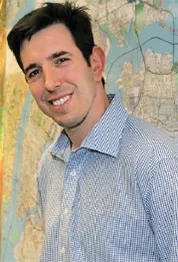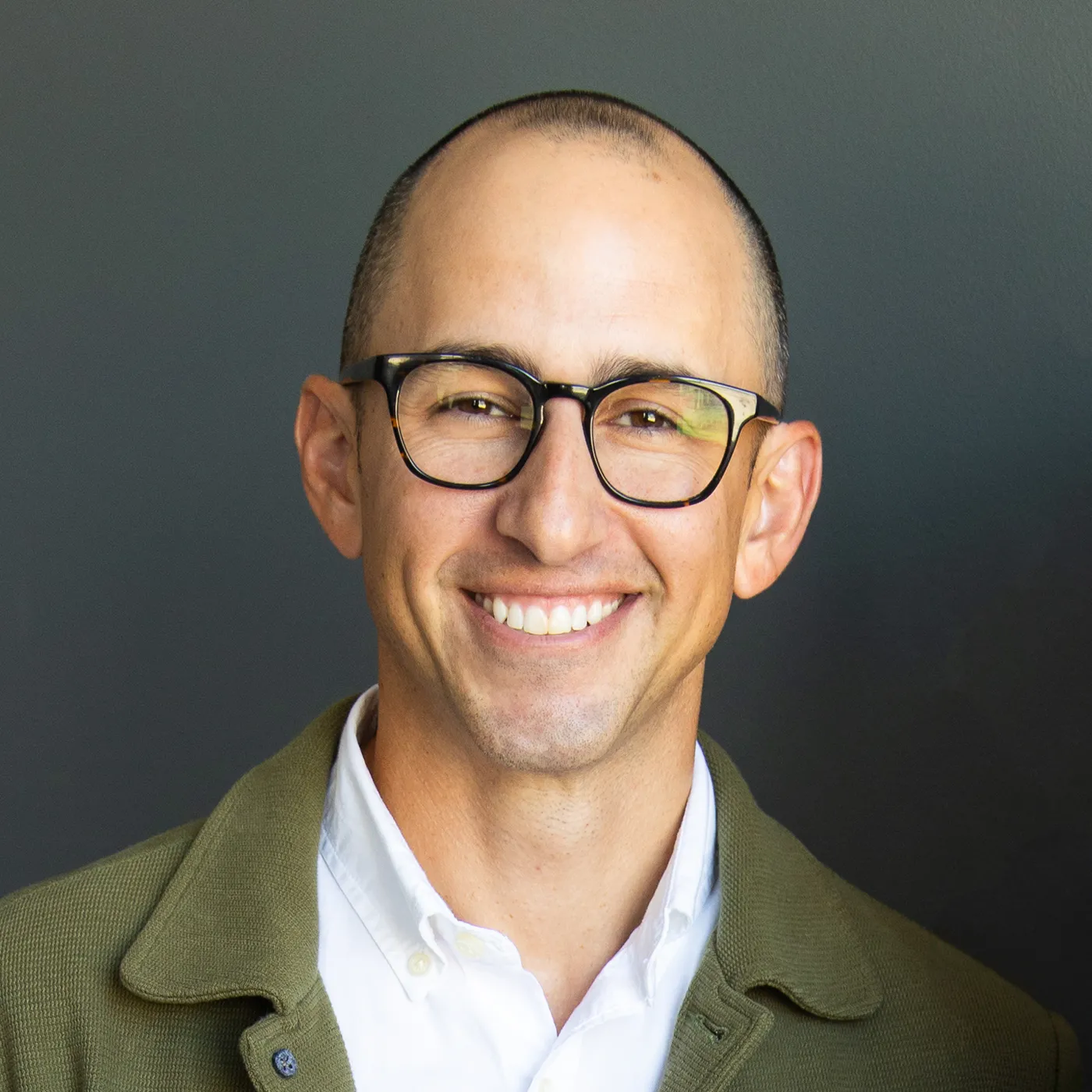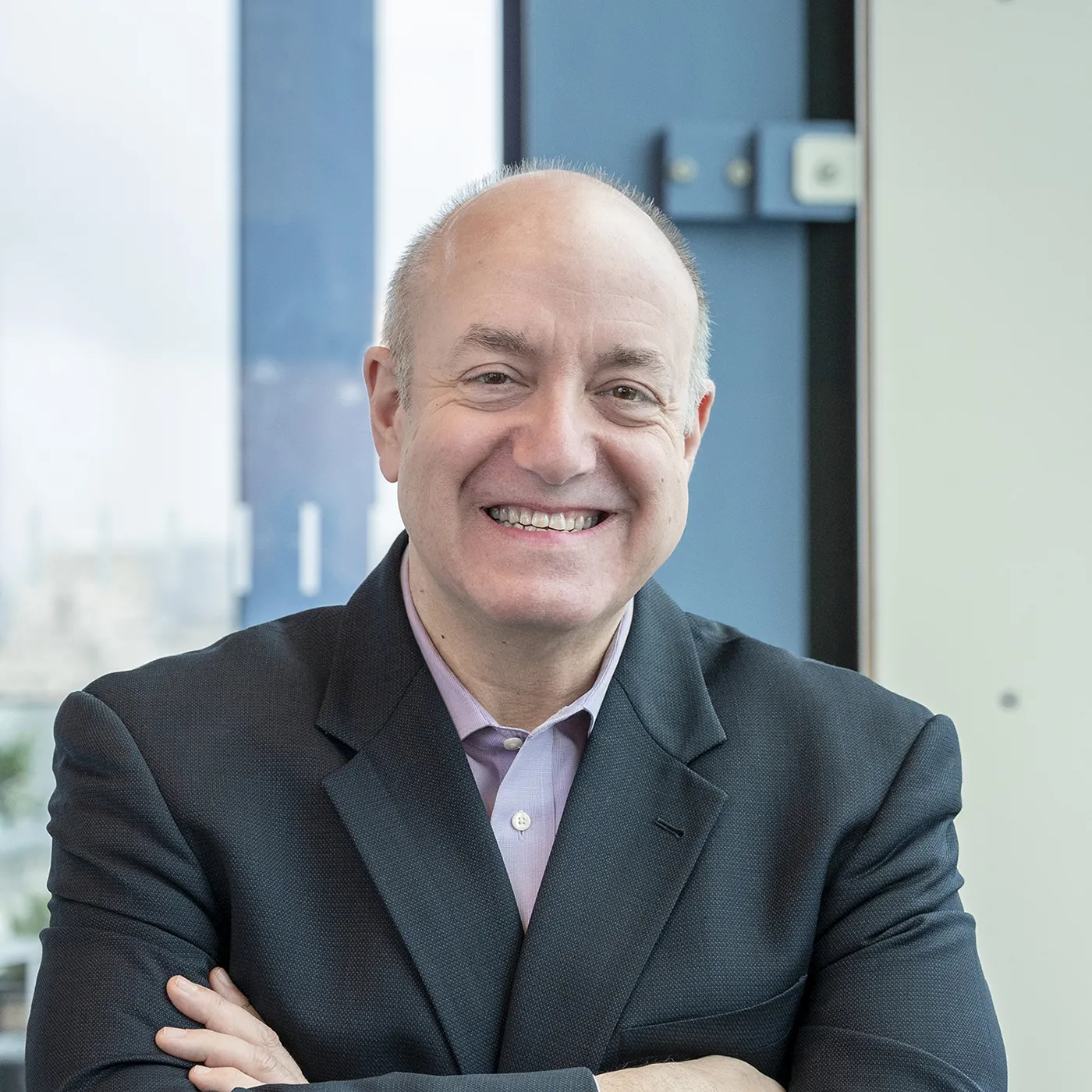Bradley Tusk ’99: A Big Name in the Big Apple, and Beyond

Bradley Tusk, ’99, has clout. He has it in New York City—where within the past year one publication placed him twenty-fourth among the hundred most powerful New Yorkers and another placed him in the top twenty—and now he is rapidly expanding his influence throughout the United States and beyond with the company he started in 2010, Tusk Strategies.
It’s not hard to see where Tusk’s clout in the Big Apple comes from. He managed Michael Bloomberg’s successful 2009 campaign for a third term as the city’s mayor (a campaign described by the New York Times as a “juggernaut”).
He was an aide to New York Senator Charles Schumer for two years, including the time directly after the 9/11 attacks. He was an advisor to the city’s influential parks commissioner, Henry Stern. And he’s friendly with the fellow who ranked seventh in the top-100 power list, Deputy Mayor Cas Holloway, a 2001 graduate of the Law School.
Having served powerful people very well doesn’t hurt, but Tusk showed very early in his career that he knows how to get things done on his own. In 2003, less than four years out of law school, he was appointed as the Deputy Governor of Illinois. Because his boss, Rod Blagojevich, was largely disengaged from the daily responsibilities of governing the state, much responsibility settled on the shoulders of Deputy Governor Tusk. “Mr. Tusk was your governor in the first term,” Chicago journalist Bob Arya wrote in a letter to Illinois legislators. “He made everything happen.”
Tusk—who was uninvolved in any of the Blagojevich scandals and was praised by prosecutors for standing up to Blagojevich and acting in the state’s best interests—is widely credited with spearheading the administration’s most notable successes, such as broadly expanding medical insurance for children, and for effectively overseeing a massive proportion of the state’s operations, including its $60 billion budget and its 57,000-person workforce.
His interest in politics began when he was very young, and he came to the Law School doubting that he would ever become a practicing lawyer. He says that he learned many things at the Law School that have greatly aided his career, but two in particular stand out. First, “We learned how to recognize the key facts and the core issues in any situation and then to deal efficiently with what matters and dispense with what doesn’t matter. This skill has been invaluable to me for cutting to the heart of things and making good decisions fast. I use it every day, many times.” Second, he says, “We were taught that rigorous logic is essential, but it isn’t enough—you have to allow room for creative solutions to emerge and be heard. That’s another practice I try to uphold every day.”
He’s now applying those skills at his New York–based political and strategic consulting firm, Tusk Strategies, which helps clients facing complex goals develop and execute large-scale campaigns that involve state and local governments across the country. “We help figure out a strategy and then we put together a team and manage the campaign,” he explains. “There is virtually no one else who really offers to do all we do in the hands-on way we do it.” Among his diverse clients are many large corporations (including Walmart and AT&T), more than ten education-focused organizations, tech startups including Uber and CLEAR, and advocacy groups that include the New York Organ Donor Network and Mayors Against Illegal Guns. The firm’s successful campaign to raise the allowable number of charter schools in New York was called a “coup for the charter school movement” by the Wall Street Journal, a “huge win for the kids” by the New York Daily News, and a “significant victory” by the New York Times.
“We’ve had some good success and we’re growing quickly,” Tusk says. “I’m looking forward to what the future may bring.”


